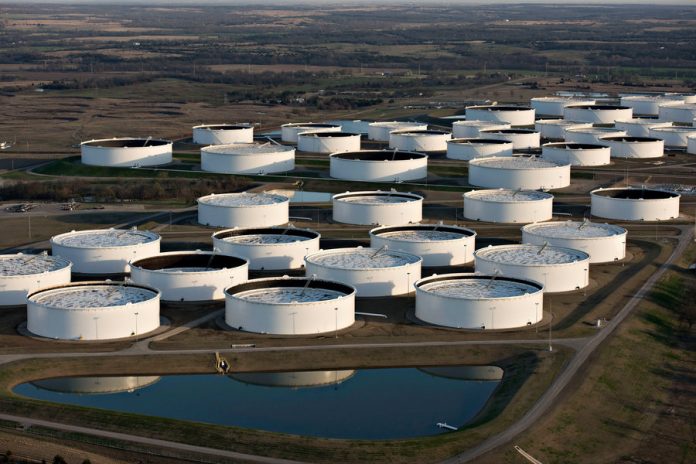
ISLAMABAD: The Oil and Gas Regulatory Authority (OGRA), oil industry and the government have failed to develop a procedure for establishment of oil storage infrastructure, stock buildup and retail outlets in over three years.
This problem has endured since the infamous supply chain disruption that occurred in January 2015, which contributed to major transportation issues across Pakistan, reported Dawn.
An industry executive stated Ogra has enforced a ban on setting up of retail outlets without required storage capacity of around 20 days of sales whilst storage expansion remains impeded by delayed clearance for infrastructure.
The industry executive stated Pakistan’s oil consumption of petroleum products was rising every year without a corresponding rise in storage and outlets.
In 2017, Ogra had stopped over a dozen oil marketing companies (OMCs) from widening their retail outlet networks because of their failure to establish comparable storage capacity needed under government rules.
All OMCs are by government rules needed to ensure product-wise storage capacity as well as stocks for at least 20 days.
And the federal government in May this year on request of defence authorities directed immediate moratorium of unauthorized operations at two oil installations in Keamari and Machike near Multan being conducted by OMCs without appropriate security clearance.
Also, the oil industry in a fresh complaint to Ogra said hindering the establishment of retail sites in newly developed areas was causing hiccups to the public and to the marketing companies, obstructing competition and impeding improvement in service standards.
A letter sent to Ogra by Oil Companies Advisory Council (OCAC) said: “current ban by the Ministry of Defence on the development of new storages at Keamari and Machike must be taken into account to review the issue.”
As per existing regulations, the day-coverage is taken as the capacity of storage depots and retail outlets and companies need to retain 20-day stocks for their respective sale volume.
However, the oil industry wants these regulations to be revised. It has asked, “Ogra should review stocks’ days-cover policy while taking into account the storages across the supply chain”.
As per Ogra, all stocks transported from depot to retail site which includes pipelines, transit stocks, leased/rented storages and third-party hospitality arrangements should be determined for days-cover since all these count as overall stock cover in the country.
According to the oil industry, Ogra was presently reviewing days-cover at provincial level which was contrary to inland freight equalization margin (IFEM) principles; intra-province movements besides approved routes couldn’t be carried out to avoid dry-out.
It called for stock-days cover policy go-ahead by Ogra to be carried out on product level for petrol and high-speed diesel separately.






